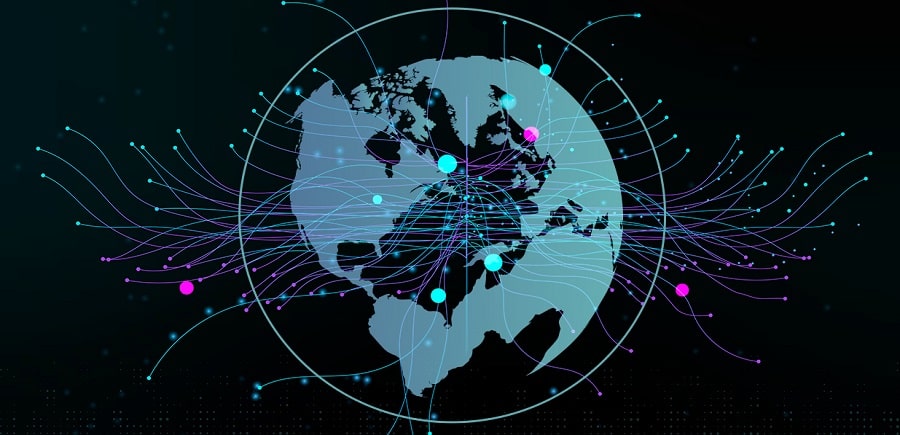
What is Network State?
In an age of rapid technological advancements, where information flows seamlessly across boundaries, the idea of the ‘state’ is being reimagined. Enter the Network State – a concept both celebrated and criticized. But what exactly is it, and what does it imply for our globalized world?
At its core, the Network State is a theoretical construct that reimagines the traditional nation-state in a digital age. It emphasizes governance systems built on online networks, rather than geography or ethnicity. This means that the “citizens” of the network state, like the players of the online casino maria-casino.net, can be distributed throughout the world, but are connected by a common event, be it a tournament or a weekend promotion.
Why Create New States?
The concept of a Network State arises from perceived limitations in current governance models. Today’s political structures, established centuries ago, may not be agile enough to address the fast-paced challenges of the 21st century — from cyber threats to global economic shifts. The Network State proposes a more fluid, adaptable system of governance, one that transcends physical borders and is inherently global in nature.
What are the Fundamental Principles of the Network State?
- Decentralization: Unlike traditional states that centralize power, the Network State is decentralized, spreading authority among its global constituents.
- Voluntary Participation: Membership in a Network State is typically voluntary. Citizens choose to participate based on shared values or interests.
- Tech-driven Governance: Leveraging technology for policy implementation, decision-making, and feedback loops is foundational to the Network State.
What Role Does Blockchain Play Here?
Blockchain is a vital technology underpinning the idea of the Network State. Its transparent and immutable nature can support decentralized decision-making processes. Blockchain can facilitate everything from the mechanisms of gambling entertainment in maria-casino.net to economic transactions within this state, ensuring transparency and reducing the likelihood of corruption.
Imagine a scenario where laws, instead of being written in text, are written in code. Smart contracts on the blockchain could automatically execute these laws, reducing bureaucratic delays and potential human biases.

Why is Network State Criticized?
For all its futuristic appeal, the Network State is not without detractors. Some of the criticisms include:
- Lack of Physicality: Detractors argue that a state, by definition, requires a territorial base. Without it, enforcing laws and providing protection become challenging.
- Over-reliance on Technology: Heavy reliance on tech platforms could marginalize those without access, creating digital elites while exacerbating global inequalities.
- Ambiguity in Governance: The decentralized nature, while empowering, could lead to ambiguity in decision-making processes and responsibilities.
- Potential for Anarchy: Without clear structures, there’s a risk of chaos and potential misuse of the system by malicious actors.
Conclusion
The Network State is a provocative reimagining of governance for the digital age. While its principles resonate with the demands of our tech-centric world, it also presents challenges that can’t be ignored. Whether this will be a viable alternative to traditional nation states, maria-casino.net gambling, or simply a theoretical construct remains to be seen. But in a world that is constantly evolving, the conversation it sparks is both timely and necessary.





